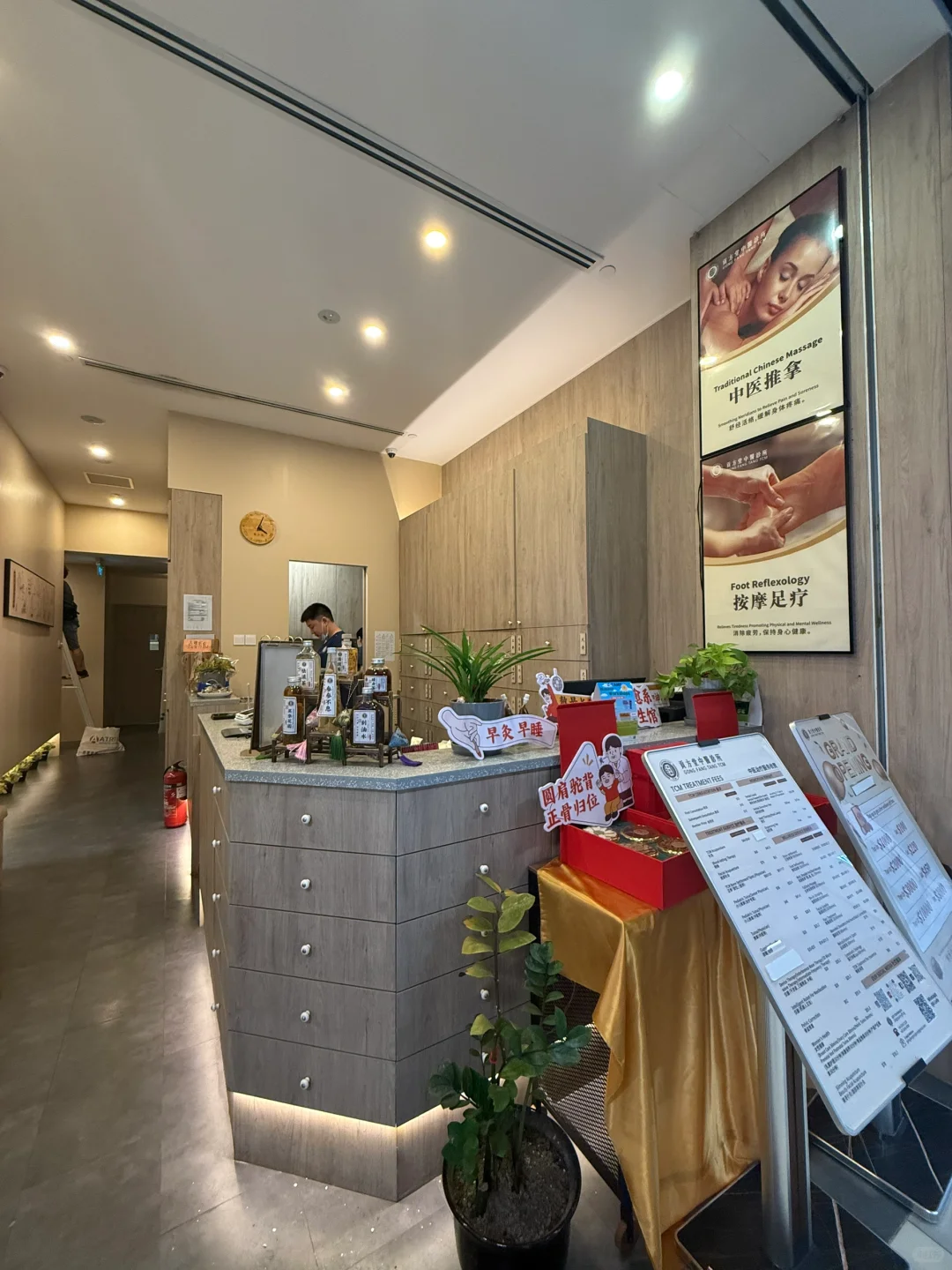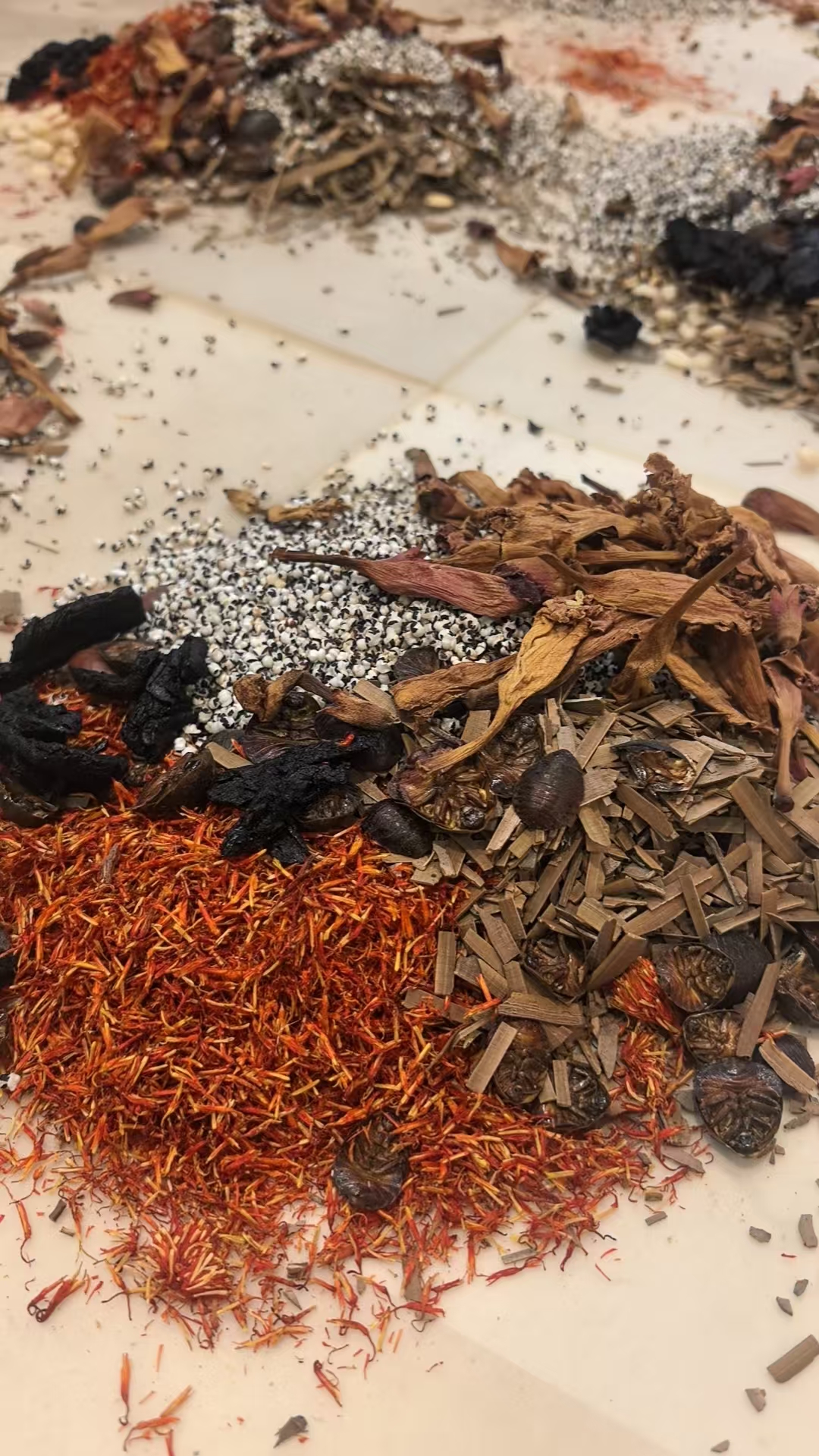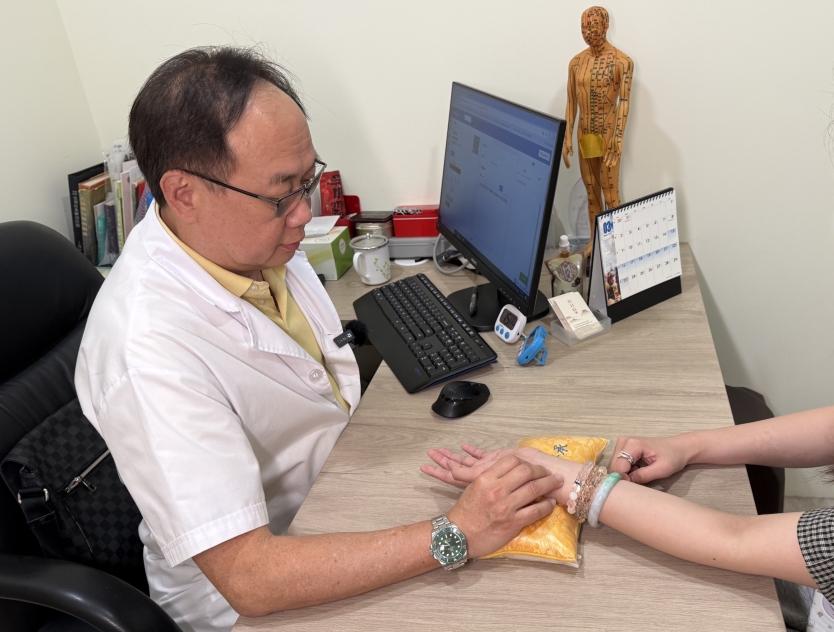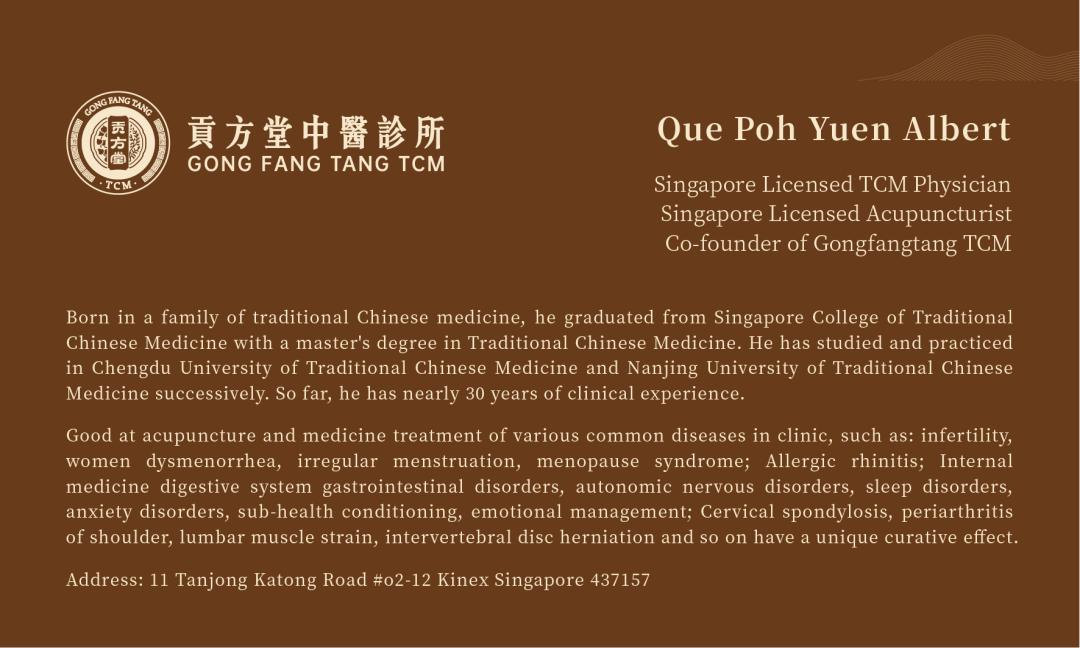- Physicians
- Clinics
- TCM
- Western GP
-
Fees
-
Deals & Privileges
- About & Resources
- Contact Us
Do you experience an abdomen as cold as an ice cellar during menstruation, with dark purple blood containing clots? Many women suffer from uterine cold! Drinking brown sugar water, using heating pads, or hugging hot water bottles only address the symptoms, not the root. What is the most effective TCM method for relieving this pain?

How to determine if you have uterine cold (Gong Han)?
Excessive, thin, clear vaginal discharge;
Irregular menstruation, dysmenorrhea (painful periods);
Sexual apathy, history of multiple miscarriages;
Cold lower abdomen, cold limbs, dizziness, breast distension before periods;
Chloasma (melasma), acne;
Lethargy, low back pain, dull complexion, swollen eyelids.
Mild Uterine Cold (Grade 1): Symptoms 1 and 2 are present.
Moderate Uterine Cold (Grade 2): Symptoms 1 and 2 plus any one of symptoms 3-6.
Severe Uterine Cold (Grade 3): Symptoms 1 and 2 plus any two or more of symptoms 3-6.
What causes Uterine Cold (Gong Han)?
Singapore Gong Fang Tang TCM gynecology expert Dr. Que Poh Yuen Albert explains: Uterine Cold is not a measurable temperature drop, but rather a "paralysis state" of qi and blood in the uterus:
Yang Qi Deficiency: The body lacks its "small furnace"
Congenital cold constitution (aversion to cold, cold hands and feet)
Craving cold drinks/food: Ice cream, iced coffee directly extinguish Spleen and Stomach Yang Qi.
Excessive dieting: No source for blood and qi production, like having no firewood in the furnace.
"Without Yang Qi warmth, blood congeals with cold. How can menstrual blood flow smoothly?"
Direct Attack by Cold Pathogens: Cold wind stabs like a knife into the uterus
Exposing lower back/ankles: Wind-cold invades directly through the Ren and Chong meridians.
Prolonged sitting in air-conditioning: Cold penetrates pores and invades meridians.
Getting caught in rain/wading in water during menstruation: Cold-dampness obstructs the lower jiao.
"Cold causes contraction and spasm. Blood vessels spasm, so dysmenorrhea naturally strikes like a tidal wave!"
Qi and Blood Stagnation: Frozen river channels, blood stasis becomes a disaster
High stress, staying up late: Liver Qi stagnation, impeded blood flow.
Sedentary lifestyle: Pelvic circulation stagnates, stagnant blood accumulates.
Repeated abortions: Damage to the Chong and Ren vessels, leaving "frostbite" in the uterus.

How does Traditional Chinese Medicine (TCM) effectively regulate dysmenorrhea due to Uterine Cold?
Facing dysmenorrhea caused by uterine cold, Dr. Que Poh Yuen Albert recommends a "sacred formula in gynecology" – Wen Jing Tang (Channel-Warming Decoction). This formula has the effects of warming the channels, dispelling cold, nourishing blood, and dispelling stasis.
Wen Jing Tang is composed of:
Evodia rutaecarpa (Wu Zhu Yu)
Ophiopogon japonicus (Mai Dong)
Angelica sinensis (Dang Gui)
Paeonia lactiflora (Bai Shao) or Paeonia veitchii (Chi Shao)
Ligusticum chuanxiong (Chuan Xiong)
Ginseng (Ren Shen)
Cinnamomum cassia twig (Gui Zhi)
Donkey-hide gelatin (E Jiao)
Moutan cortex (Mu Dan Pi)
Fresh Ginger (Sheng Jiang)
Licorice root (Gan Cao)
Pinellia ternata (Ban Xia)
Formula Analysis:
Wu Zhu Yu and Gui Zhi warm the channels and dispel cold, unblock blood vessels. Wu Zhu Yu excels at dispelling cold and relieving pain, Gui Zhi is skilled at warming and unblocking blood vessels. Together, they serve as the Monarch (Jun) herbs.
Dang Gui and Chuan Xiong invigorate blood and dispel stasis, nourish blood and regulate menstruation. Mu Dan Pi assists the other herbs in invigorating blood and dispelling stasis, while also clearing deficiency-heat in the blood. These serve as Minister (Chen) herbs.
E Jiao (sweet, neutral) nourishes blood and stops bleeding, nourishes Yin and moistens dryness. Bai Shao (sour, bitter, slightly cold) nourishes blood and astringes Yin, softens the Liver and relieves pain. Mai Dong (sweet, bitter, slightly cold) nourishes Yin and clears heat. These three herbs work together to nourish blood and regulate the Liver, nourish Yin and moisten dryness, clear deficiency-heat, and also moderate the warm-drying nature of Wu Zhu Yu and Gui Zhi.
Ren Shen and Gan Cao supplement Qi and strengthen the Spleen, supporting the source of transformation and generation (Yang generates Yin grows, sufficient Qi ensures ample blood). Ban Xia and Sheng Jiang pungently open and disperse stagnation, descend Stomach Qi, assisting in dispelling stasis and regulating menstruation. Sheng Jiang also warms Stomach Qi to aid transformation and generation, and assists Wu Zhu Yu and Gui Zhi in warming the channels and dispelling cold. These serve as Assistant (Zuo) herbs.
Gan Cao also harmonizes all the herbs, serving additionally as the Envoy (Shi) herb.
Combined, the herbs work synergistically to achieve the effects of warming the channels, dispelling cold, nourishing blood, and dispelling stasis.
Modifications:
Damp-heat constitution: Remove E Jiao, add Coix seed (Yi Yi Ren) 30g, Poria (Fu Ling) 15g.
Hard, stubborn blood clots: Add Caulis Spatholobi (Ji Xue Teng) 30g, Lycopus lucidus (Ze Lan) 10g.

Medical Case
Patient: Ms. Lin, 29 years old.
Chief Complaint: 15-year history of dysmenorrhea. For the past 3 years, required 3 strong painkillers each period. Lower abdomen felt cold and hard as iron during menses, experienced projectile vomiting. Severe pain slightly eased only after expelling palm-sized dark purple clots. Menstrual cycles delayed by 7-10 days, scanty flow, dark color. Constantly cold hands and feet, low back soreness as if broken.
Initial Consultation: Purple-dark tongue with ecchymosis (blood stasis spots), deep and tight pulse like a knife scraping bamboo.
Diagnosis: Severe cold congelation and blood stasis + deficiency damage of the Chong and Ren vessels.
Prescription: Modified Wen Jing Tang. Base formula with increased dosage of Wu Zhu Yu and Gui Zhi to enhance warming and unblocking. Added Pollen Typhae (Pu Huang) and Faeces Trogopterori (Wu Ling Zhi) to dissolve large clots. Paired with Fluoritum (Zi Shi Ying) to warm the uterus and invigorate Kidney Yang.
Dosage Instructions: Start taking 5-7 days before expected menstrual onset. Take continuously for 7 doses.
Medical Advice: Strictly avoid ice-cold drinks, raw fruit, and seafood.
Result:
First Month: Clots became smaller during period, pain reduced by 40%, only needed 1 painkiller.
Second Month: Expelled a small amount of dark red clots. Only experienced dull ache in lower abdomen. Stopped painkillers! Cycle returned to 30 days.
Third Month: Experienced no dysmenorrhea. Menstrual blood was fresh red without clots. Lower abdomen and back felt warm. Complexion became rosy.
